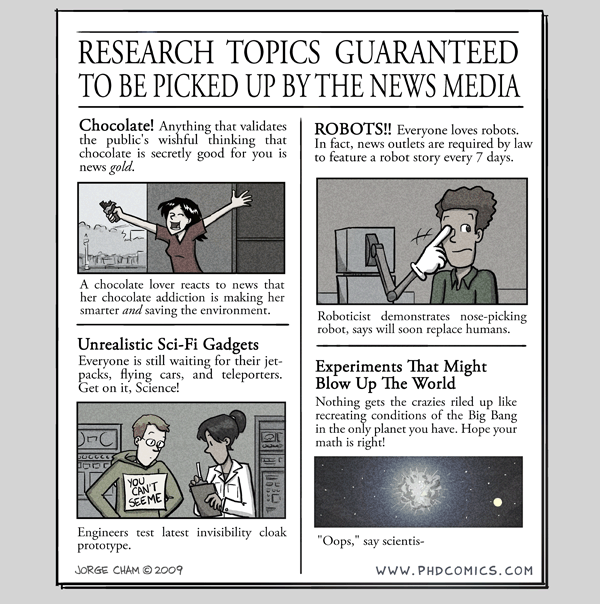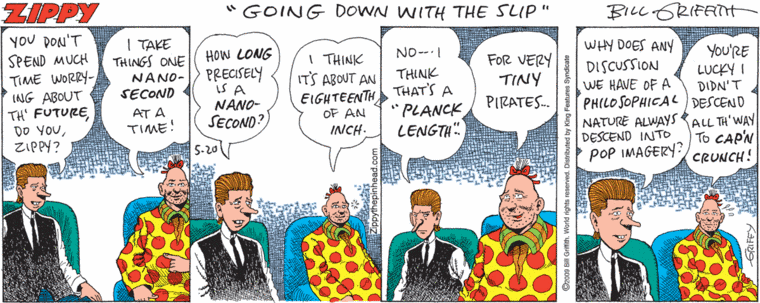Elizabeth Daingerfield Zwicky has forwarded to me a site with (yet another) little "grammar test" (a "Google Grammar Test", from Tyler Cowen) — this one has only two items — that makes me scratch my head.
(I guess I should remind you that in some quarters, "grammar" covers absolutely anything in language that can be regulated: discourse organization, syntax, word choice, morphological forms, stylistic choices, politeness formulas, punctuation, spelling, whatever. So, ahead of time, I had no idea which features of this very short passage might be seen as reprehensible. Was it, for instance, spelling homepage as a solid word, rather than as two separated words?)
Here's the passage:
Here’s what’s on Google’s home page on May 16, 2009:
Over 28,000 children drew doodles for our homepage.
Vote for the one that will appear here!
Test yourself: Can you find the two grammar errors?
and here are the answers (from Penelope Trunk):
The AP Stylebook says "over" is a way to move—a preposition. And “more than” must precede a number. Also, if you are voting for one, specific doodle, then the AP Stylebook tells you to use “which” rather than “that.”
Here I'm going to talk about the which/that issue. I'll save a return to the adverbial-over question for another time.
Read the rest of this entry »


